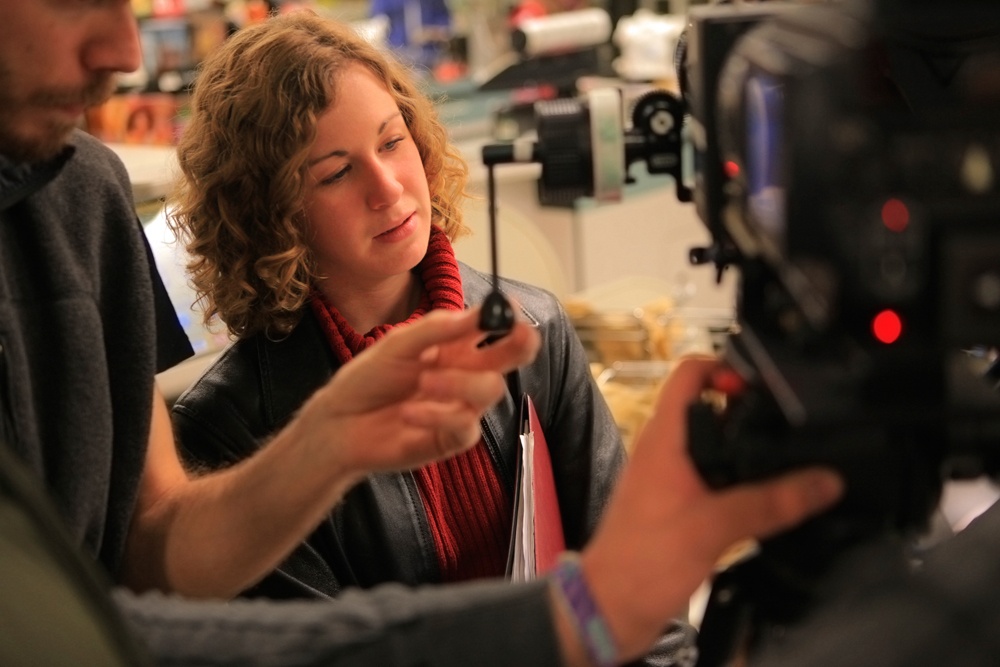Recently the 10th grade class parents at the school where I work approached me about leading a discussion on the college process.
I didn’t hesitate. I jumped at the opportunity because any chance I have to communicate how the process works in advance of a student’s junior year is hugely beneficial for the student and family. Frankly, junior year is sometimes too late to intervene if there is an issue.
The class parents organized a Saturday morning workshop a week before their children sat for the new PSAT 10 test. The timing couldn’t have been more perfect. And, I designed the workshop around the five major components of a student’s application. The families soaked up every topic we covered.
Here are five things you need to know about college admissions:
1. Standardized test scores are a critical piece of the overall application
I told parents that the PSATs and any practice test for the SATs, ACTs and Subject Tests are critical in assessing how their child will do on these tests and which ones to take. I cautioned them that the moment their child starts taking an official test, it becomes a part of their testing history which some colleges will require as part of the application process.
Before a student chooses whether to take the SAT or ACT, they need some indication of how well they will perform on both tests. Students can compare their PSAT scores and the scores of a practice, full-length ACT before they start taking official SATs or ACTs.
"Do you know the 5 major components of a #CollegeApplication?" TWEET THIS
2. The high school record still carries the most weight in the admissions process
Colleges are not just looking at grades, but they are also considering the curriculum the student takes. The parents at the school where I work are most concerned that their children are being compared to other students at very different high schools.
But the art of the admissions process at most selective colleges is that they are only evaluating the student’s record in the context of what their high school has to offer. If the college is not familiar with the school where the student is coming from, they will review the school’s profile which is submitted with the high school transcript to every college where the student applies.
3. Most selective colleges will require three letters of recommendation
Two should come from academic teachers from 10th or 11th grade and one letter should come from the college counselor of record. The more detailed letters of recommendation come from teachers (and counselors) who observe and speak with students on a fairly regular basis in both a structured environment and outside the traditional classroom.
BONUS TIP: Extra letters from non-academic teachers in or outside of the school rarely impact admissions decisions.
4. The essay topic is just as important as how well the essay is written
Most students will write a traditional college essay upwards of 650 words. This essay can be used for the Common App essay or for an institutional-specific application. Most selective colleges will require the student to fill out a “supplement” when applying through Common App. The supplement will have additional questions and sometimes multiple essay prompts.
I encourage students to choose topics that are less obvious. In other words, writing about something that’s already represented in their application can pigeon-hole a student. Instead of writing about an activity or accomplishment, I often tell students to share something that very few people know about them. Or if they are insistent on writing about something already represented, they should plan to take a very different approach to the predictable topic.
5. When it comes to extracurricular activities, quality is better than quantity
While the Common App provides ten spaces for a student’s activities, more is rarely better. In fact, the student who has the greatest impact on a few activities usually impresses a college more than a student who lists ten activities with little depth or continuity.
Extracurricular activities include almost anything a student does that is productive with their time outside of school. It can include clubs, sports, community service, part-time jobs, internships, summer experiences, religious organizations, independent hobbies, and even family responsibilities. It’s not how many things a student does; it’s about the impact they’ve made on the activity or the people around them.
GOOD READ: Why You Need to Think Big When it Comes to Extracurricular Activities
These five components dictate the college admissions process. I encourage students to keep these themes in mind as they go through all four years of high school. The college process is a marathon, not a sprint. The cumulative effect of hard work and impact over time leads to the most success for high school and beyond.












